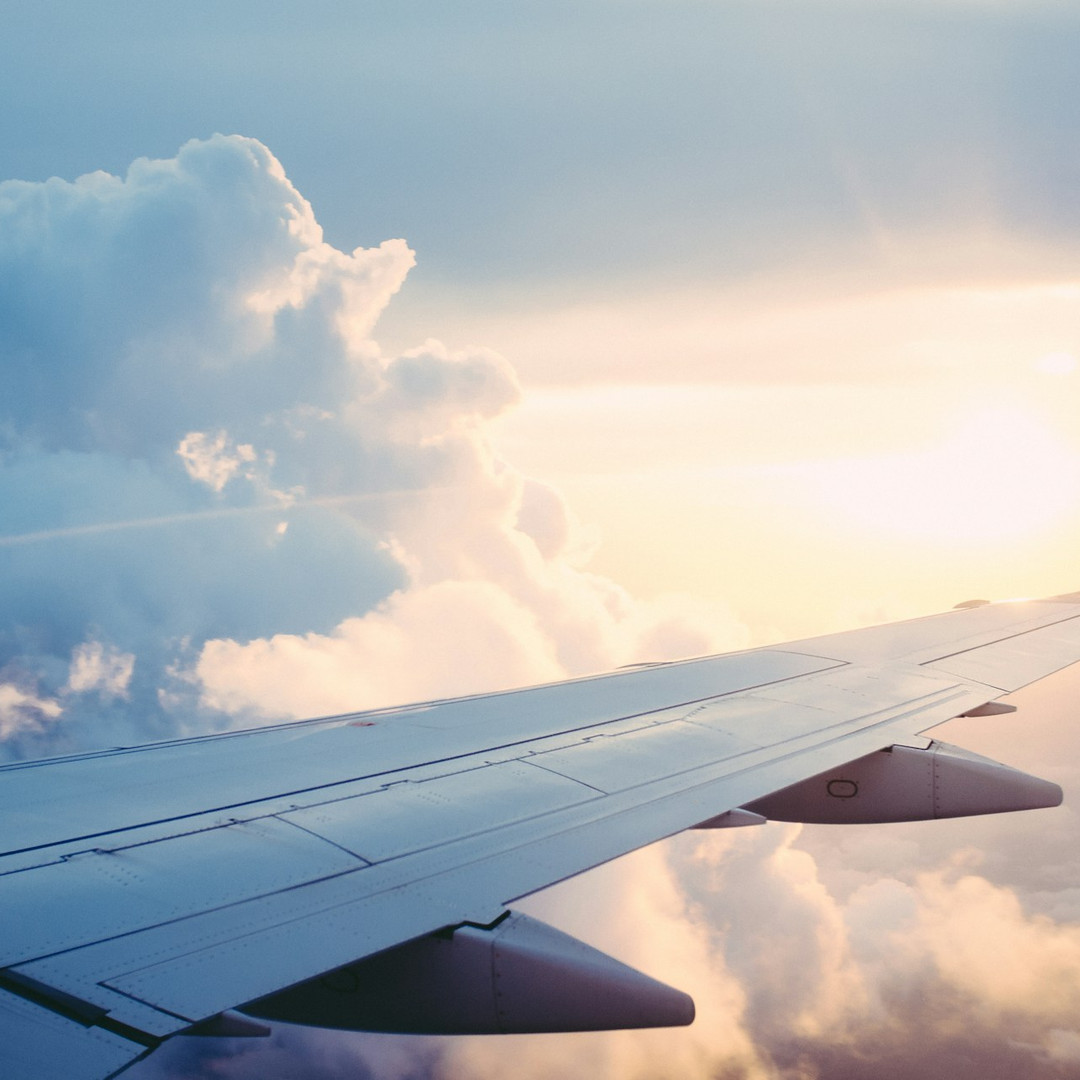The global travel industry is nearing "full recovery" in most regions after the drastic slump caused by the coronavirus pandemic, according to a new report from Skift Research, which also reveals that the accommodations sector is leading the comeback.
"The travel industry grew from a mere 25 million international trips in the 1950s to a whopping 1.4 billion by 2019. It accounted for nearly one in 10 jobs globally before the pandemic. Travel powered international business and cross-cultural exchange. And then it all stopped. Not since World War II has the global travel industry been in such a turbulent state as we have witnessed over the past years. Covid-19 put a near total halt to international travel," reads Skift Research’s State of Travel 2022 Report.
Find perfect apartments for rent in Portugal
However, the Skift Travel Health Index developed by Skift Research—which tracks recovery trends in 22 countries using data from 20 data partners—shows that the global travel industry is on the verge of full recovery, as it's now only 15% below 2019 levels.
Here are some key findings from a section of the report that analyzes the industry's path to recovery.
- In 2020, international travel expenditures reached a 25-year low.
- The recovery has almost reached its final stage in most parts of the world, with the exception of the Asia-Pacific region, which is one of the regions lagging behind the most.
- The extended closure of international borders in the Asia-Pacific region has impacted the recovery of tourism in the region.
- According to the Transportation Security Administration, U.S. passenger movement today is back to 95% of 2019 level.
- In terms of sectors, accommodations lead the pack. Vacation rentals, in particular, have performed well since the beginning of the pandemic. It was the airline industry that struggled most during the recovery, first with low demand and now with logistical and staffing issues.
- The year 2022 was a recovery year for international travel, but it still remains down.
- Arrivals in the Middle East exceeded 2019 levels in July 2022, according to data from the United Nations World Tourism Organisation (UNWTO).
- While stays by international visitors in European accommodations declined significantly, the pandemic had very little impact on domestic travel, as demand was lower only in the shoulder months.
- U.S. Travel and Tourism Economics predicts that U.S. domestic travel spending will have almost fully recovered by the end of 2022. However, spending by international visitors won't pick up until 2025.
- Destinations that rely heavily on inbound tourism are at risk as international travel is slow to recover.
- As reported by the UNWTO, the U.S. was the top international travel destination in 2019, but now it's relying mostly on domestic travel.
- According to the UNWTO 2019 data, top 10 countries in terms of inbound tourism receipts were the U.S. ($214.1B), Spain ($79.7B), France ($63.8B), Thailand ($60.5B), the UK ($52.7B), Italy ($49.7B), Japan ($46.1B), Australia ($45.7B), Germany ($41.6 B), and Macao ($40.1B).
- China was the biggest exporter of tourism in 2019, according to the UNWTO.
- Top 10 countries in terms of outbound tourism expenditure in 2019, according to the UNWTO, China ($255B), the U.S. ($152B), Germany ($93B), the UK ($72B), France ($52B), Russia ($36B), Australia ($36B), Canada ($36B), South Korea ($32B), and Italy ($30B).
- China has seen a strong rise in outbound travel up to the pandemic, taking 150 million trips overseas per year pre-Covid, shows statistics from the UNWTO and the World Bank.
- China's zero-Covid policy cut off the world's largest pre-pandemic source travel market.
- There is a risk that inflation will erode purchasing power worldwide, potentially jeopardizing travel sector recovery.
- Travel prices are rising rapidly. This means strong pricing power, but also risks scaring off consumers.
- In general, hotel prices are keeping pace with broad inflation, suggesting that hoteliers aren't price gouging, but rather trying to cover rising costs. Nevertheless, rising nominal prices may be holding back travel demand.
- High travel prices will likely impact consumers through the end of the year and beyond. Few are canceling their trips, but many are cutting back on spending by choosing less expensive alternatives (in terms of destination, food, activities, hotel, and
Find perfect apartments for rent in Spain
